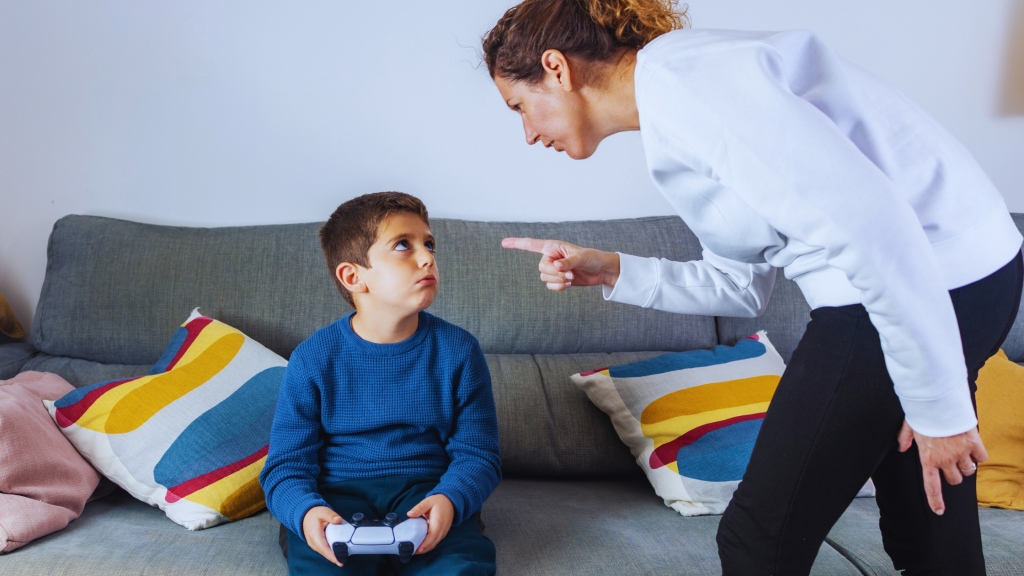It starts innocently enough. A quick scroll through social media before bed, a few rounds of a mobile game to pass the time, or a small online bet for the thrill of it. Before you know it, hours have vanished, and what began as a harmless distraction has become a compulsive habit that’s hard to break. This is the subtle reality of digital addiction.
Many of us are more tethered to our devices than we’d like to admit. The constant notifications, the endless content, and the instant gratification create a powerful pull. While technology offers incredible benefits, it also carries the risk of dependency. This can affect our mental health, relationships, and daily responsibilities.
This post will explore the different faces of digital addiction, from excessive gaming and online gambling to the compulsive use of social media. We will look at the warning signs and discuss how to find support, including options for NJ addiction therapy in Manalapan. Recognizing the problem is the first step toward regaining control.
Key Takeaways
- Digital addiction is a compulsive need to use digital devices and media, often leading to negative consequences in other areas of life. Common forms include gaming, online gambling, and social media addiction.
- Warning signs include losing track of time online, neglecting responsibilities, experiencing withdrawal symptoms like irritability when offline, and continuing the behavior despite negative impacts on relationships or well-being.
- Professional help, such as that offered by the Manalapan NJ Therapy Center, is available. Therapies like CBT can help individuals understand triggers, develop coping mechanisms, and build healthier relationships with technology.
What is Digital Addiction?
Digital addiction, sometimes called internet addiction or problematic internet use, is an impulse control disorder. It involves an obsessive and compulsive use of digital devices, the internet, or specific online platforms. This behavior continues despite negative consequences to a person’s mental health, social life, work, or finances.
Like other behavioral addictions, digital addiction triggers the brain’s reward system. Activities like winning a game, getting a “like” on a post, or winning a bet release dopamine, a neurotransmitter associated with pleasure. Over time, the brain starts to crave these dopamine hits, leading to a cycle of compulsive behavior. The person may need to spend more and more time online to achieve the same feeling, a phenomenon known as tolerance.
It’s important to distinguish between high but healthy engagement and actual addiction. Many people use the internet frequently for work, school, or social connection without it being a problem. Addiction occurs when this use becomes uncontrollable and starts to cause significant distress or impairment in one’s life.
Common Types of Digital Addiction
Digital addiction can take many forms. While any online activity can become problematic, some are more commonly associated with addictive behaviors due to their design.
Gaming Addiction
Video games are designed to be immersive and rewarding. Features like level progression, in-game rewards, and social competition can make it difficult for some players to log off. Gaming addiction is now recognized by the World Health Organization (WHO) as a mental health condition.
Signs of gaming addiction include:
- Preoccupation with gaming, thinking about it constantly when not playing.
- Spending increasing amounts of time gaming to feel satisfied.
- Neglecting personal hygiene, meals, or sleep to play.
- Lying to family or friends about the amount of time spent gaming.
- Losing interest in other hobbies and social activities.
Online Gambling Addiction
The accessibility of online gambling has made it a growing concern. Unlike traditional casinos, online platforms are available 24/7 from the comfort of home. This constant access can make it much harder for individuals to control their impulses. The fast pace of online games and the illusion of control can quickly lead to a dangerous cycle.
Signs of online gambling addiction include:
- Needing to gamble with increasing amounts of money to get the same thrill.
- Trying to control, cut back, or stop gambling without success.
- Feeling restless or irritable when trying to stop gambling.
- “Chasing” losses by gambling more to win back money.
- Risking important relationships, jobs, or opportunities because of gambling.
Social Media Addiction
Social media platforms are built to capture and hold our attention. Features like infinite scrolling, notifications, and algorithm-based content feeds create a compelling user experience that can easily become compulsive. The desire for social validation, fear of missing out (FOMO), and the curated highlight reels of others’ lives can contribute to anxiety, depression, and low self-esteem.
Signs of social media addiction include:
- Spending an excessive amount of time on social media, often more than intended.
- Compulsively checking notifications and feeds throughout the day.
- Feeling anxious or agitated when unable to access social media.
- Comparing oneself unfavorably to others online.
- Neglecting face-to-face relationships in favor of online interactions.
When to Seek Professional Help
If you recognize yourself or a loved one in the descriptions above, it may be time to seek help. Digital addiction is a real and treatable condition. Continuing the behavior despite clear negative consequences is a strong indicator that professional support is needed.
Consider seeking addiction therapy if:
- Your online habits are causing conflict in your relationships.
- You are falling behind at work or school due to time spent online.
- You feel depressed, anxious, or lonely as a result of your digital use.
- You have tried to cut back on your own but have been unsuccessful.
- You are experiencing financial problems due to online gaming or gambling.
Finding Your Path to Wellness
Overcoming digital addiction is possible with the right strategies and support. The goal is not necessarily complete abstinence from technology, which is often unrealistic. Instead, the focus is on developing a balanced and mindful relationship with digital devices.
At Exceptional Wellness Counseling, our Manalapan Therapy Center provides a supportive environment for individuals struggling with these challenges. Our approach to addiction therapy is tailored to each person’s unique situation. We utilize evidence-based methods like Cognitive Behavioral Therapy (CBT), which helps individuals identify the thoughts and feelings that drive their compulsive behaviors. Through therapy, you can learn practical coping skills to manage triggers, reduce cravings, and build healthier habits.
You don’t have to navigate this journey alone. Taking the step to seek help is a sign of strength. With professional guidance, you can break free from the cycle of digital addiction and reconnect with the parts of your life that truly matter.




